Engineering Physics
Questions about application, admission, and studies
Martin Reck
Engineering Physics student support
Carl von Ossietzky University Oldenburg
Ammerländer Heerstraße 114-118 26129 Oldenburg mailto: engineering.physics@uni-oldenburg.de
Welcome to Engineering Physics
Tel.: 0049-(0)441-798 3560
room: W2 0-069 Office Hours : Tue 10:00 - 12:00 Wed 12:00 - 14:00
Dr. Sandra Koch
Hochschule Emden/Leer
Raum T219
Constantiaplatz 4
26723 Emden
Tel.: +49 4921 807-1489/-1467
Fax: +49 4921 807-1593
E-Mail: engineering.physics@hs-emden-leer.de
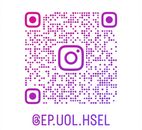
Engineering Physics
Welcome to the website of the Engineering Physics programme
Here you will find all important information about application, admission, as well as useful information for your studies.
The Carl von Ossietzky University Oldenburg and the Emden/Leer University of Applied Sciences offer the international bachelor's degree programme Engineering Physics to close the gap between traditional physics and engineering education.The internationally oriented degree programme " Engineering Physics" gives students insights into current research fields and new developments in modern applied physics.
Profile
Degree | Bachelor of Engineering | Master of Science | |||
Standard period of study | 6 semesters | 4 semesters | |||
Credit points | 180 ECTS | 120 ECTS | |||
Language of instruction | English | English | |||
Form of study | Full-time / Part-time | Full-time / Part-time | |||
Start of study | Winter semester | Winter and summer semester | |||
Application period | German | 15.07.-15.10. | 01.06.-15.07. | Winter | |
| 15.12.-15.01. | Summer | ||||
| International (Uni-Assist) | 15.01.-15.10. | 15.03.-15.06. | Winter | ||
| 15.09.-15.01. | Summer | ||||
Admission requirements | English language certificate | Level B2 | English language certificate | Level B2 | |
| Language certificate German | Level A2 A1 for application The VHS Oldenburg offers courses and exams starting at level A1, which fulfill the requirements for a language visa. | ||||
Limited admission | No | Yes | |||
Semester contribution | approx. 400,00 € (no tuition fees. The study courses are subsidized by the German government) | ||||
Scholarships | |||||
Study programme Engineering Physics B.Eng. / M.Sc.
Carl von Ossietzky University Oldenburg and Emden/Leer University of Applied Sciences offer the international bachelor's degree programme Engineering Physics to bridge the gap between traditional physics and engineering education. Since 1998, students have been trained here to understand and develop modern technologies with a comprehensive basic education in mathematics and natural sciences combined with application-oriented engineering sciences.
In the course of their studies, students have the opportunity to specialise in fields of study:
- Renewable Energies
- Lasers & Optics
- Biomedical Physics
- Acoustics
Further specialisation is possible in each of these fields.
Students from all continents work closely together in lectures, exercises and projects.
Renewable energies
The future regional, national, and global primary energy supply cannot do without a significant contribution from renewable energy, even in the short term, regardless of ecological and climatic problems. The largest theoretical contribution, as well as the highest technically usable potential of forms of renewable energy, are solar radiation and the kinetic energy of the atmosphere, i.e. wind energy. In the focus Renewable Energies, therefore, theoretical basics of the conversion possibilities of these forms of energy and the corresponding limitations are taught, and the mode of action, limitations and application possibilities for physical and technical concepts are discussed.
Laser & Optics
"Germany occupies a leading world market position in laser technology and optics" (Federal Ministry of Education and Research). In addition to the basic physics of lasers, the focus of the Laser & Optics specialisation is therefore on their application in optical communication technology (fibre optics), macro-, micro- and nanomaterial processing (from cruise ships to computer chips), medical technology (e.g. laser scalpel or tissue diagnostics), optical measurement technology (e.g. holography or environmental monitoring) and the development of compact, powerful laser devices.
Biomedical physics
The focus on biomedical physics concentrates on the application of physical principles to medical diagnostics (X-ray, ultrasound, NMR, biophotonics) and therapy (e.g. laser medicine, minimally invasive interventions, radiation therapy). The interdisciplinary education opens up diverse fields of work for graduates, from basic research to the development of medical technology systems and procedures in industrial companies to applications in clinics. By selecting suitable courses, the specialist recognition as a medical physicist of the DGMP can be acquired.
Medical physics in Oldenburg conducts interdisciplinary research in the fields of hearing and audiology, neurosensorics, digital hearing aids and speech and audio processing, which is supported by the Hearing4all cluster of excellence. The study programme teaches knowledge about the study of the normal and hearing-impaired auditory system, as well as its application to areas with important practical problems such as automatic speech recognition, optimisation of diagnostic methods for hearing impairment, and noise suppression in hearing aids that can adapt to the respective acoustic situation.
Acoustics
The specialisation ‘Acoustics’ covers audible sound but also infrasound, ultrasound, structure born sound and mechanical vibrations.
Topics address basics of radiation and wave propagation, acoustic properties of matter, physical and technical properties of electro-acoustic transducers, and extend to numerical calculation of mechanical vibrations,
advanced (speech) signal processing and machine learning, and the perception and evaluation of sound and vibrations by humans.
The subjective perception of sound, binaural hearing and speech intelligibility, improved audio reproduction and virtual acoustics, sound design of products and vehicles are fields of research in Oldenburg.
Numerous career opportunities await the graduate due to the ubiquity and importance of sound and vibrations in engineering and science.
Noise and vibration control and monitoring plays an important role in machine design, quality control and environmental noise.
Speech communication is enhanced by target-oriented signal processing.
Vehicle interior sound and room acoustics are designed to optimise customer comfort.
Ultrasound is used as a diagnostic tool in medicine, in materials testing and for environmental monitoring.
Application and admission
How do I apply for the Bachelor?
The minimum requirement for a Bachelor's degree programme at Oldenburg University is a university entrance qualification.
You can apply via the application portal of the University of Oldenburg, where you can register and then apply. You upload your documents for admission directly in the portal.
Applicants with a foreign university entrance qualification should apply directly to UniAssist.
In detail:
Note on proof of language proficiency in German
Accepted as proof of the required German language skills at level A2 of the Common European Framework of Reference for Languages (CEFR):
- Goethe-Zertifikat A2
- telc A2 certificate
- ÖSD A2 certificate
- UNIcert basis
- DSD (German Language Diploma of the Conference of Ministers of Education and Cultural Affairs)
- DSH (German Language Test for University Admission) (DSH-1 or certificate of attendance of completed course)
- TestDaF (Test of German as a Foreign Language)
- German Abitur, also from German schools abroad or equivalent qualifications in Austria, Liechtenstein, Switzerland (with German as language)
- International Baccalaureate (IB) with German as language A
- FSP (Feststellungsprüfung an Studienkollegs) with German as an examination language
- Studies (completed) with German as language of instruction
An application can already be made with a recognised language certificate on level A1. Applications without a recognised German language certificate will be rejected.
How do I apply for the Master's programme?
The minimum requirement for a Master's programme at the University of Oldenburg is a first recognised university degree (e.g. Bachelor).
The application is made via the application portal of the University of Oldenburg, where the registration and subsequent application takes place. You upload your documents for admission directly in the portal.
Applicants with a foreign Master's entrance qualification should apply directly to UniAssist.
In detail:
Career
Due to the science-based and practice-oriented education, the graduates are optimally qualified for all areas of technology-oriented industrial and research institutions. With their practical experience from project work, the graduates also meet the requirements that arise in the management sector, e.g. with regard to the ability to work in a team and entrepreneurial thinking.
typical work fields
- Fraunhofer Institute for Digital Media Technology IDMT, Oldenburg Branch for Hearing, Speech and Audio Technology HSA
- German Cancer Research Centre Heidelberg
- Pius Hospital, Oldenburg
- Laser(s) & Optic(s) Africa Ltd, Kenya
- Coherent Inc, Santa Clara, Lübeck, ...
- Laser Centre Hanover
- Max Planck Institute for Gravitational Research, Hanover
- Institute for atomic and molecular physics, Amsterdam
- Phillips, Hamburg
- Fujitsu Siemens, Paderborn
- Daimler AG, Stuttgart
- Audi AG, Ingolstadt
- Institute for Sound and Vibration, Southampton, UK
- BIAS, Bremen
- Jülich Research Centre
- SkySails, Hamburg
- ETH, Zurich
- Society for Heavy Ion Research, Darmstadt
- Siemens Medical Solutions Forchheim, Rudolstadt, Heidelberg
- Siemens Saudi Arabia
- Frauenhofer Institute, Erlangen
- Medical physicists, Leverkusen, Celle, Antwerp... Cape Town, South Africa
- Vienna University of Technology
- Max Planck Institute for Quantum Optics, Garching
- University of Virginia, USA
- TRIUMF, Vancouver, CA
- DLR Braunschweig
- Crystech Ing, Quing Dao, China
- Fraunhofer Institute for Laser Technology, Aachen

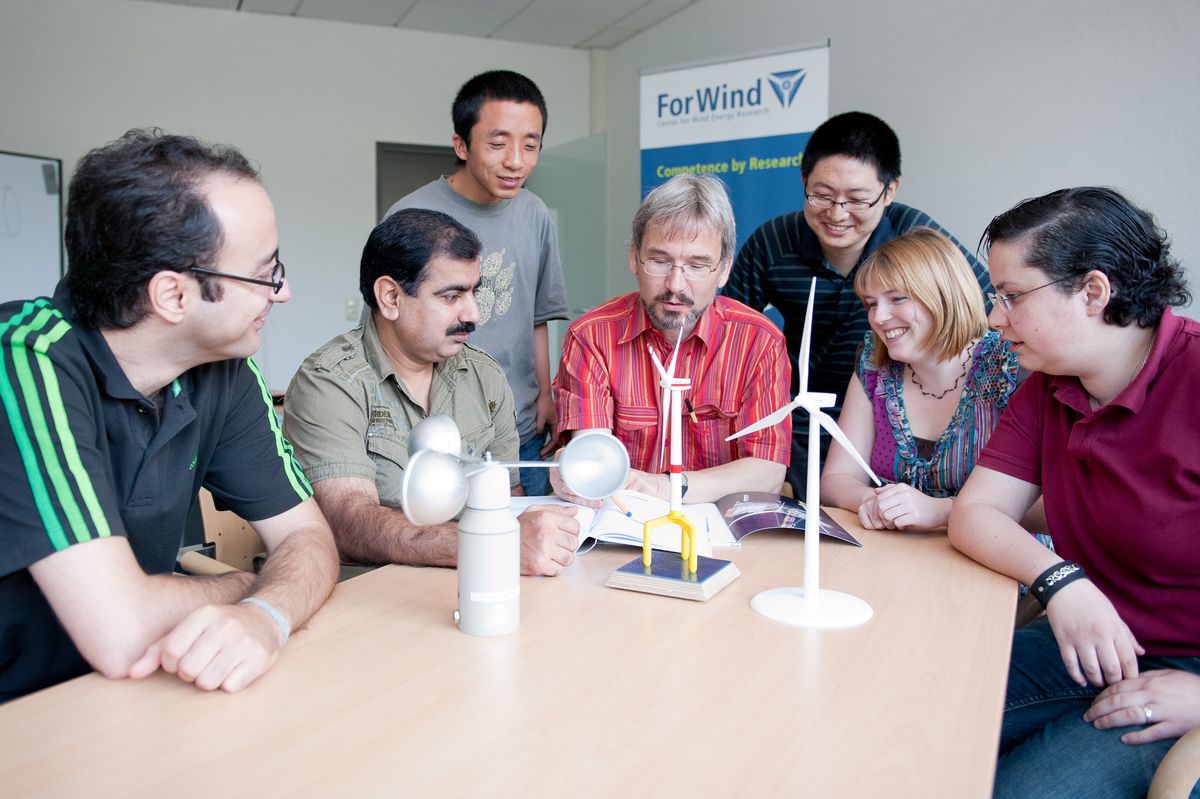
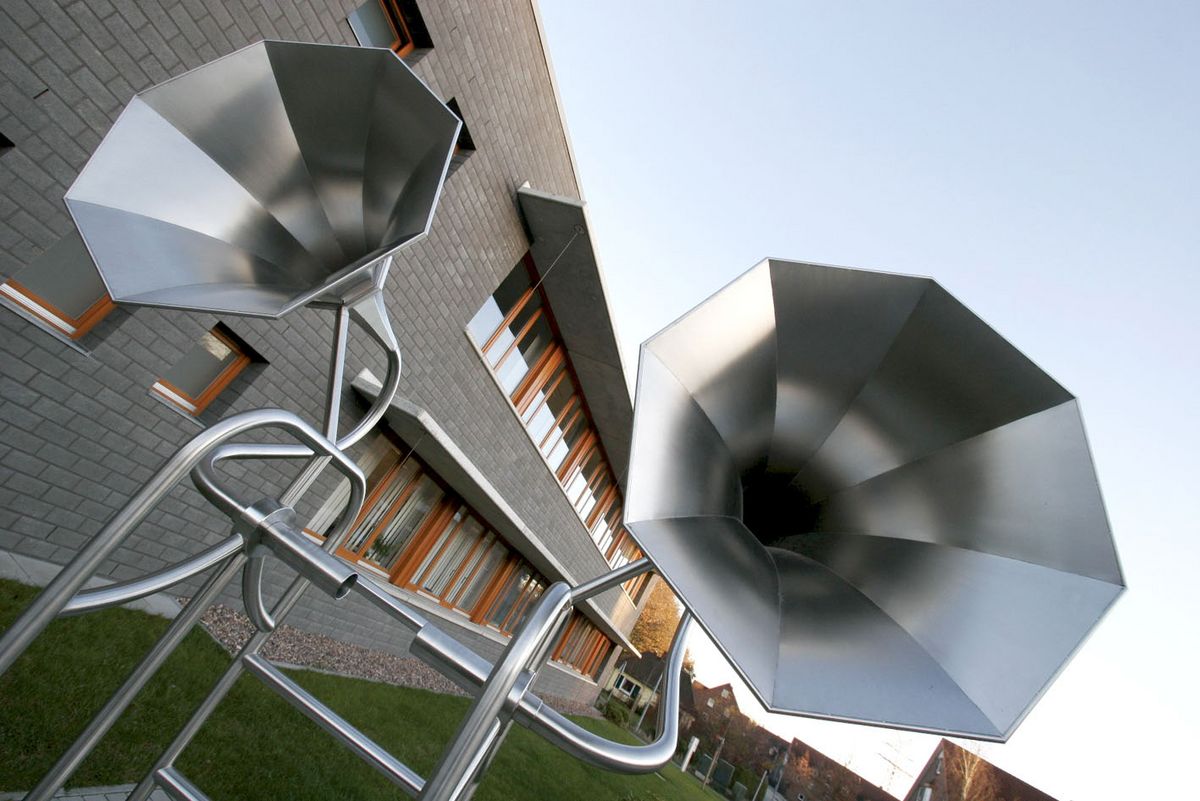

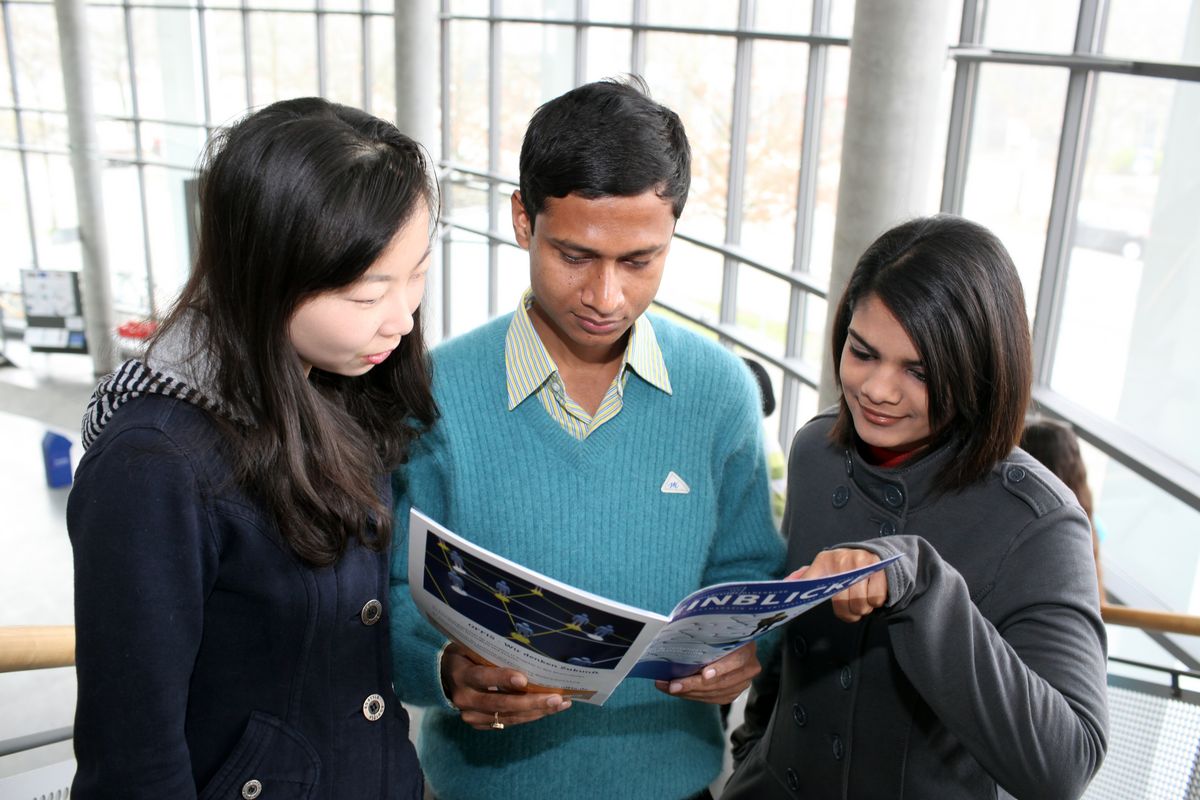
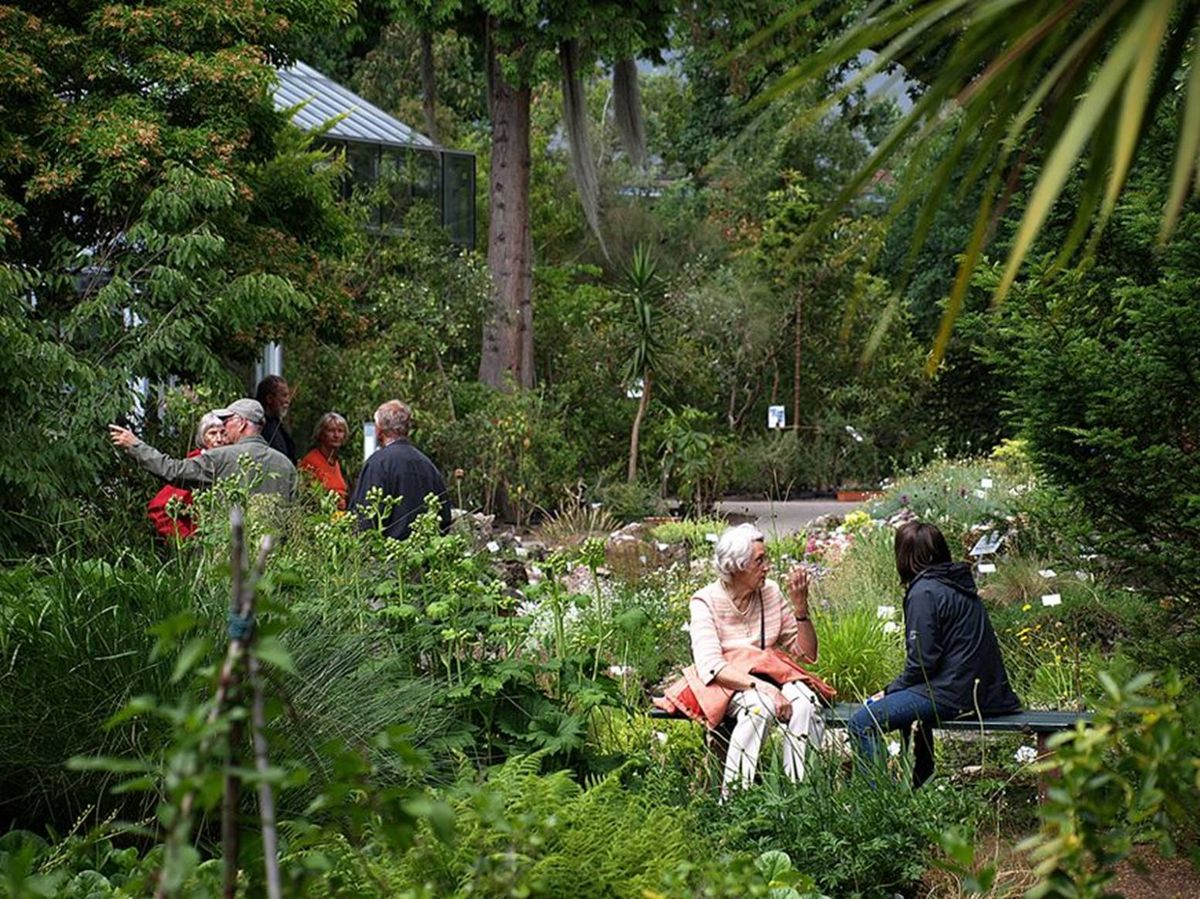
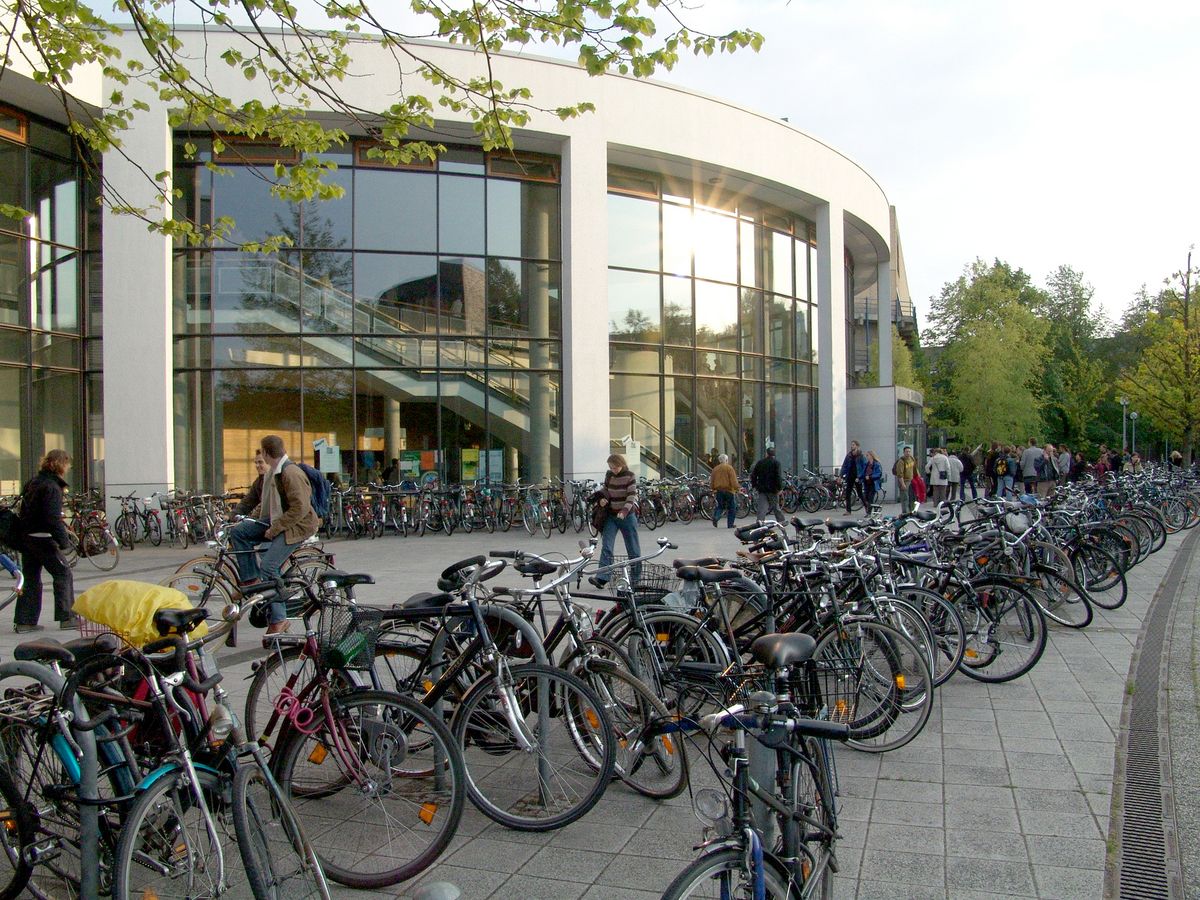
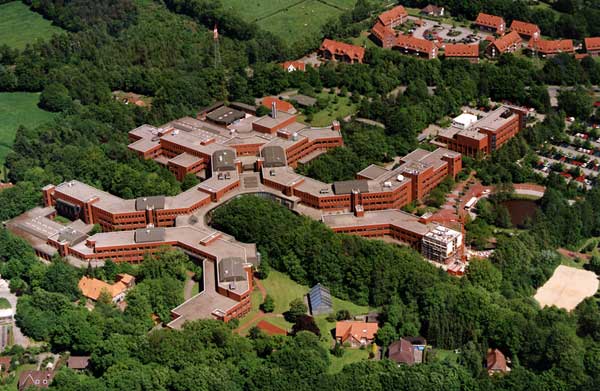
 ILO
ILO 